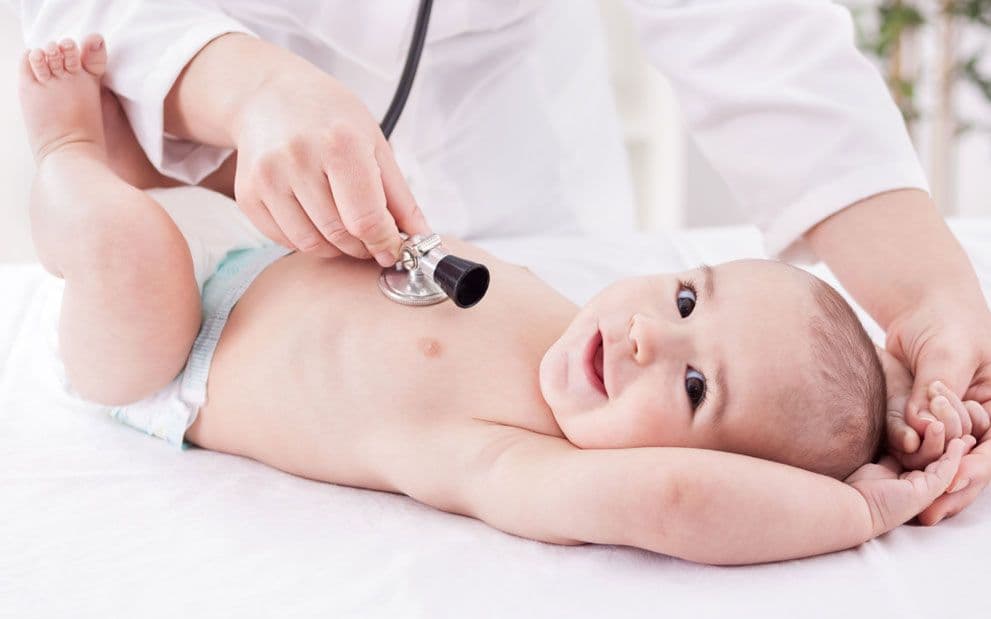Choosing to give birth at home can be a deeply empowering and intimate experience for many families. However, as you navigate the joys and challenges of new parenthood, you may find yourself wondering about the next steps in your baby's healthcare journey. One common question that arises is whether your baby needs to see a pediatrician after a home birth. In this blog post, we'll explore the importance of newborn care and how to ensure your baby receives the appropriate medical attention and support.
The Role of Midwives in Newborn Care
Clinique Molière offers the opportunity to have a home birth with the help and support of our nurse-midwives throughout your pregnancy, labor, and delivery. Our nurse-midwives are skilled healthcare professionals who are trained to provide comprehensive care for both mother and baby during the prenatal, intrapartum, and postpartum periods.
After your baby is born, the midwife will conduct a thorough newborn exam, checking your baby's vital signs, weight, and overall health. They will also provide guidance on feeding, cord care, and other essential aspects of newborn care. Our midwives will continue to provide postpartum support and monitor your baby's health in the days and weeks following the birth.
The Importance of Pediatric Care
While our midwives play a crucial role in providing initial newborn care, it's important to establish a relationship with a pediatric healthcare provider as well. Pediatricians are medical doctors who specialize in the health and development of infants, children, and adolescents. They have the expertise to assess your baby's growth and development, provide immunizations, and manage any health concerns that may arise.
Establishing care with a pediatrician is important for several reasons:
1. Ongoing Assessment of Growth and Development
Pediatricians monitor your baby's growth and development over time, ensuring that they are meeting appropriate milestones and identifying any potential concerns early on. They use standardized growth charts and developmental screenings to track your baby's progress and provide guidance on nutrition, sleep, and other important aspects of care.
2. Immunizations
Vaccines are a critical component of pediatric care, protecting babies from serious and potentially life-threatening illnesses. Pediatricians follow established immunization schedules to ensure that your baby receives the appropriate vaccines at the right times. With informed consent you are able to discuss your concerns and get your questions answered.
3. Management of Health Concerns
While many babies are born healthy and thrive without complications, some may experience health issues that require additional medical attention. Pediatricians are trained to diagnose and manage a wide range of health concerns, from common childhood illnesses to more complex medical conditions.
4. Parental Support and Education
Pediatricians also play an important role in supporting and educating parents as they navigate the challenges of raising a young child. They can provide guidance on topics such as feeding, sleep, behavior, and safety, and offer reassurance and support when concerns arise.
When to See a Pediatrician After a Home Birth
Ideally, you should establish care with a pediatrician within the first week of your baby's life, even if your baby has had a thorough newborn exam with our midwife. This initial visit allows the pediatrician to assess your baby's health, discuss any concerns you may have, and establish a plan for ongoing care.
In some cases, our midwife may recommend seeing a pediatrician sooner, particularly if there are any concerns about your baby's health or if your baby has specific risk factors that require additional monitoring.
Choosing a Pediatrician
When selecting a pediatrician, it's important to find someone who aligns with your family's values and healthcare preferences. Consider factors such as the provider's experience with home birth families, their approach to newborn care, and their availability for ongoing support and guidance.
Many families choose to meet with potential pediatricians during pregnancy to establish a relationship and ensure a smooth transition of care after the birth. Our nurse-midwife may also have recommendations for pediatric providers in your area who are experienced in working with home birth families.
In conclusion, while our certified nurse-midwives provide essential newborn care immediately after a home birth, establishing a relationship with a pediatrician is an important step in ensuring your baby's ongoing health and well-being. By working closely with both your midwife and pediatrician, you can feel confident that your baby is receiving the highest quality care and support as they grow and thrive.





